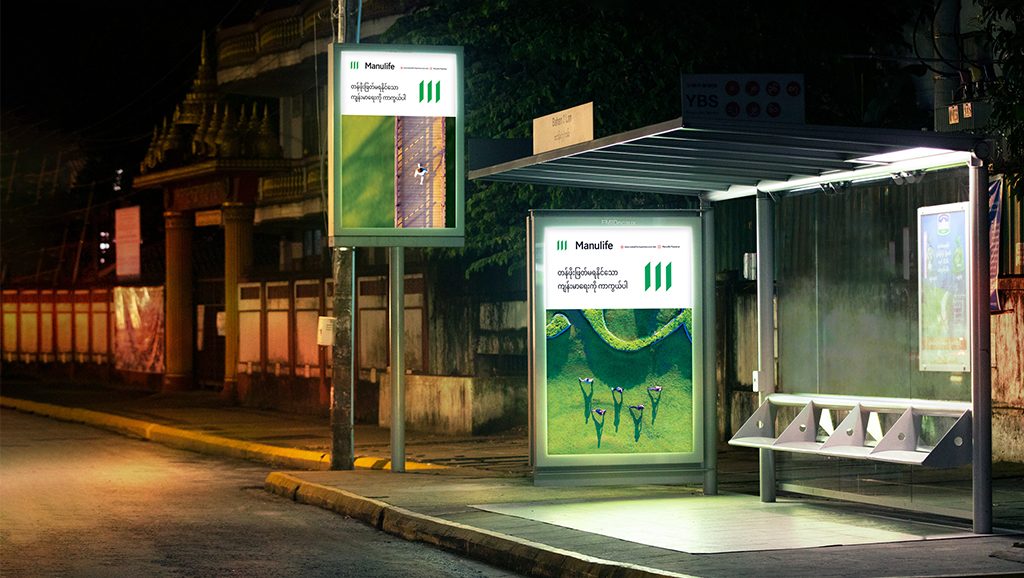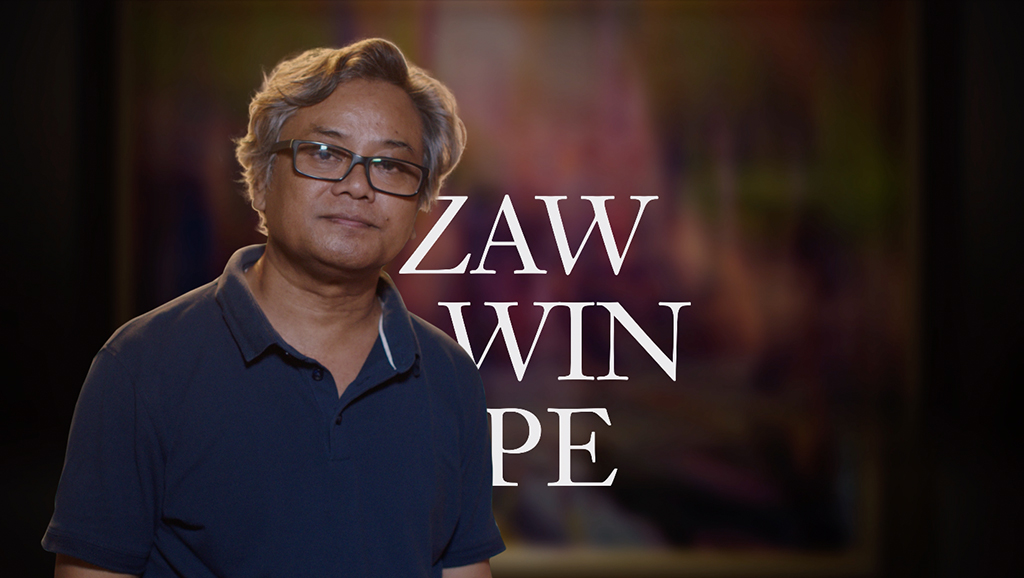

Until quite recently, trying to get a steady and reliable internet connection in Myanmar was all but impossible. Although the world wide web has been at least theoretically accessible from the Southeast Asian nation since the year 2000, a mix of unhelpful regulation, lack of competition, and insufficient technology has made connectivity extremely difficult. All three of these barriers are now crumbling away nearly simultaneously, to the great relief of businesses and the country’s growing ranks of netizens.
This should all be seen in the larger context of Myanmar’s recent reforms and its opening up to the world. These changes have been instrumental in paving the way for an influx of foreign investment in all of the country’s industries, through a more streamlined and transparent process. A large part of these reforms was the 2013 Telecommunications Law, the primary driver of the internet connectivity improvements seen today.
Before the passage of the law, a near-monopoly existed in local internet service providers (ISPs). Access to the web outside of the country was over one outdated submarine cable, and a few overland cables to Thailand. All were prone to frequent outages. Demand wasn’t high enough, and investment in new technologies wasn’t feasible. Internet was slow, unreliable, expensive, and could take months to be installed. But the reforms opened up an international bidding process that has since seen the entry of two telecom giants into the country.
Norway’s Telenor, and Ooredoo from Qatar have quickly shored up the country’s communications infrastructure, building new servers and adding new cables. And now Telenor have partnered with local company Yatanarpon Teleport to launch Google Global Cache (GGC), Myanmar’s first content delivery network (CDN)

The changes from this should be felt immediately. Previously, if a video hosted outside of the country went viral and was watched by 50,000 people, it would be sent across the the old international cables 50,000 times. Now, with the local caching, it only need be downloaded into the country one time. This will free up an extraordinary amount of bandwidth, improving speeds and saving ISPs a lot of money that they can reinvest or pass on to their customers in savings.
Myanmar still has some of the lowest electrification rates in the world, so internet connectivity will have to wait for many. But even that is changing quickly. Compared to neighboring Thailand, where over half the country is connected to the internet, the country’s less than 5% may seem paltry. But considering that rate was around 1% a few short years ago, it’s an incredible number. Myanmar has one of the fastest-growing rates of internet penetration in the world.
The regulatory environment is in place, the investment capital is flowing, and sizzling hot economic growth is creating thousands of new internet customers everyday. Smartphones have absolutely tumbled in price as demand surges in developing countries, with decent quality models to be had for as cheap as $50 USD. And the creativity and desire for expression of Myanmar’s people is exploding out.
Already legions of netizens are taking to social media and adding their own local, Myanmar flavor across all platforms. Local memes exist, there are numerous popular bloggers and vloggers covering everything from food to fashion, and videos from the country’s burgeoning musical acts flood YouTube in genres as varied as pop, hip hop, and metal. Advertisers have noticed, and businesses are using these channels to connect directly to consumers. Myanmar marketing agencies are finding creative ways to engage with the new generation, and they in turn welcome the attention.
Myanmar’s online population is young, connected, tech-savvy, educated, and increasingly has disposable income. And it is growing – fast. People are hungry to express themselves, and eager to connect. This fact, and the falling prices and increasingly easy access to the web means the country’s internet growth will only accelerate. Incredible change will surely follow.




















